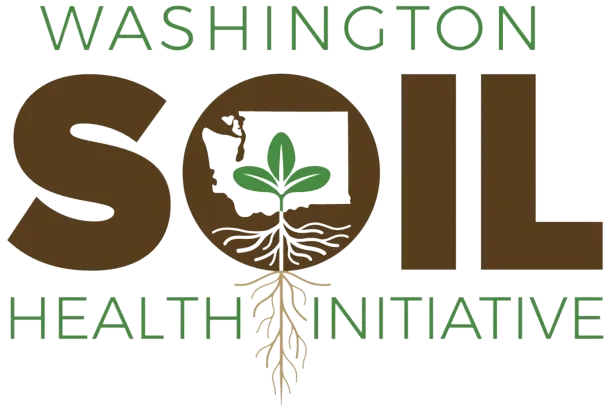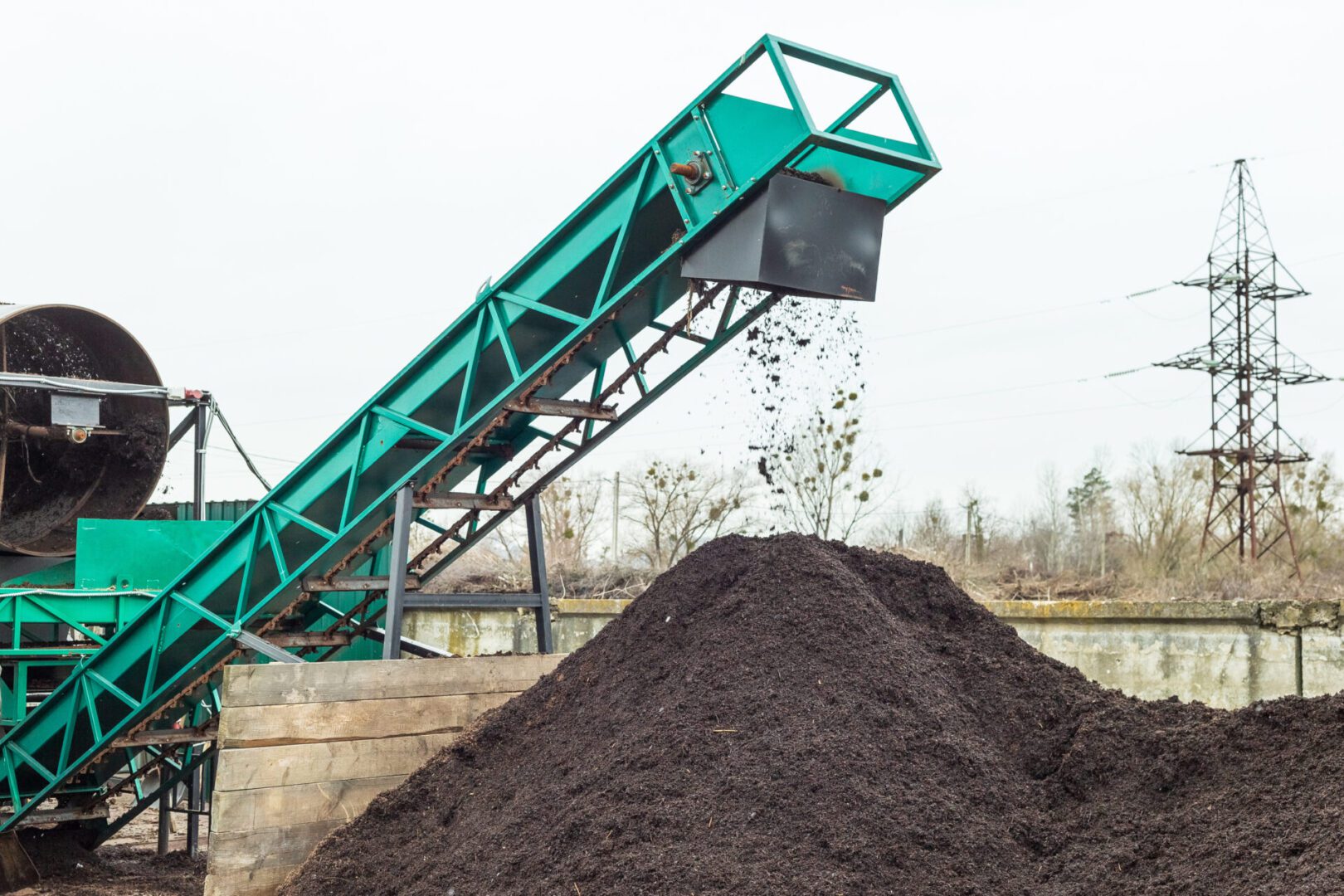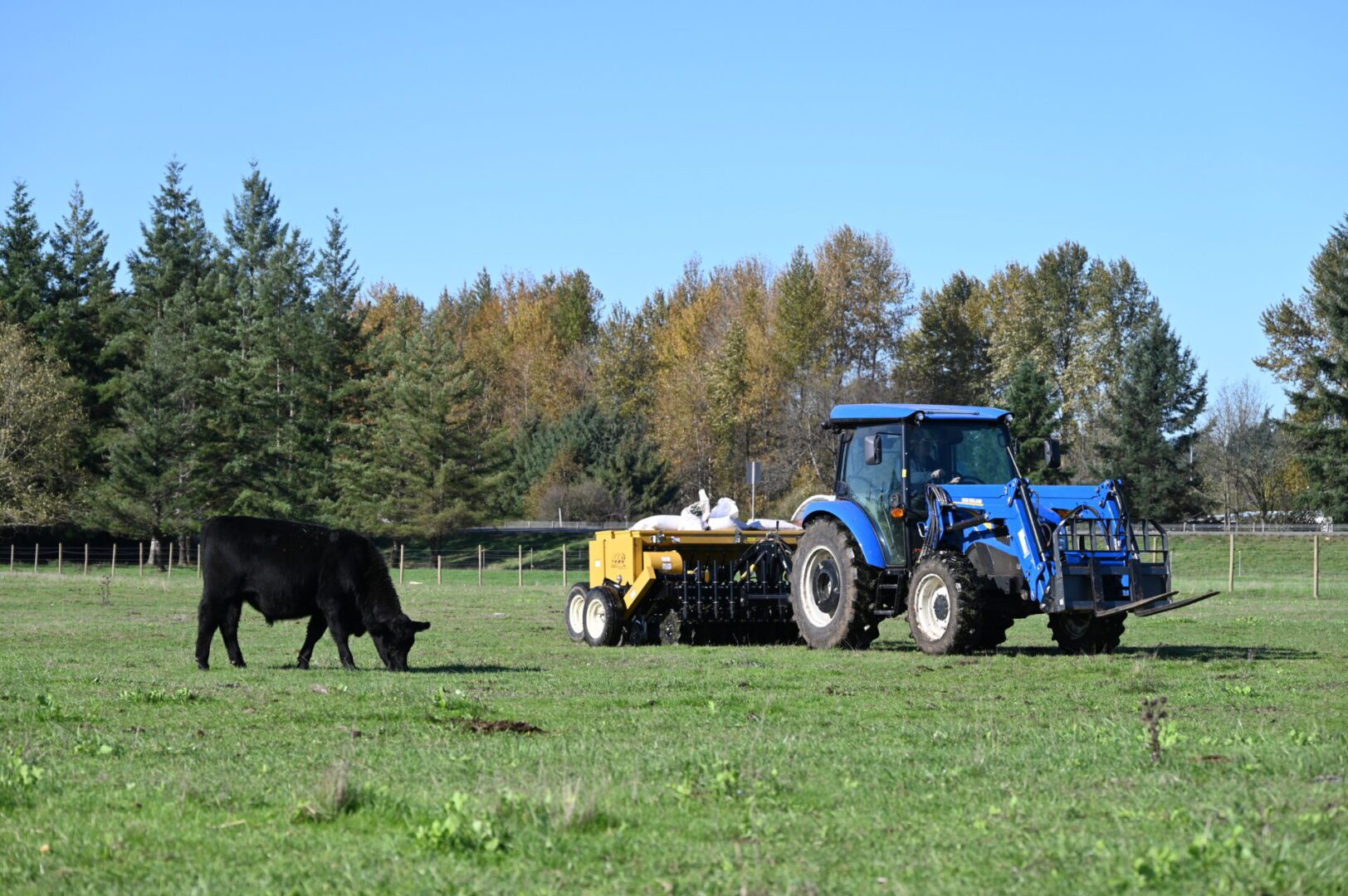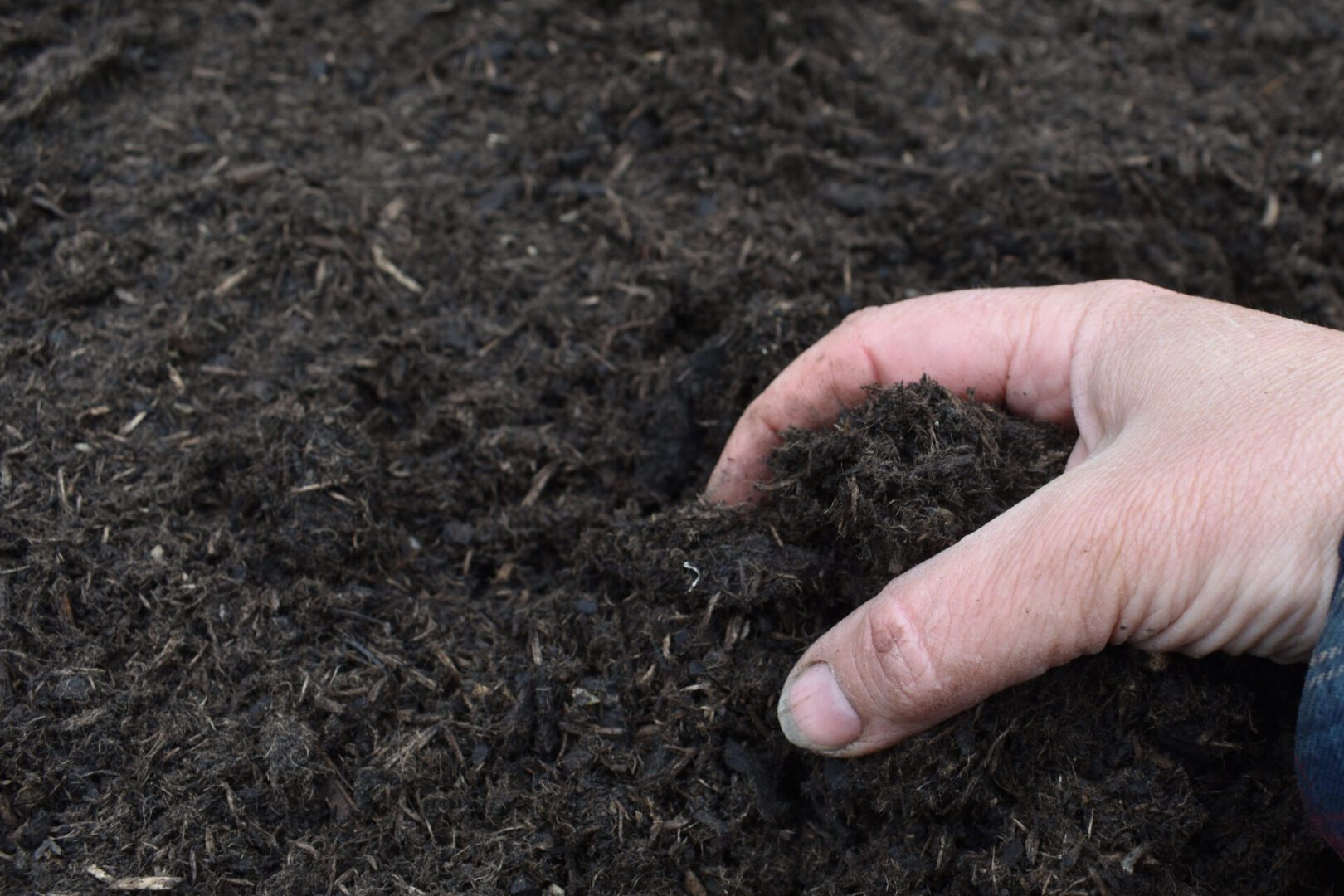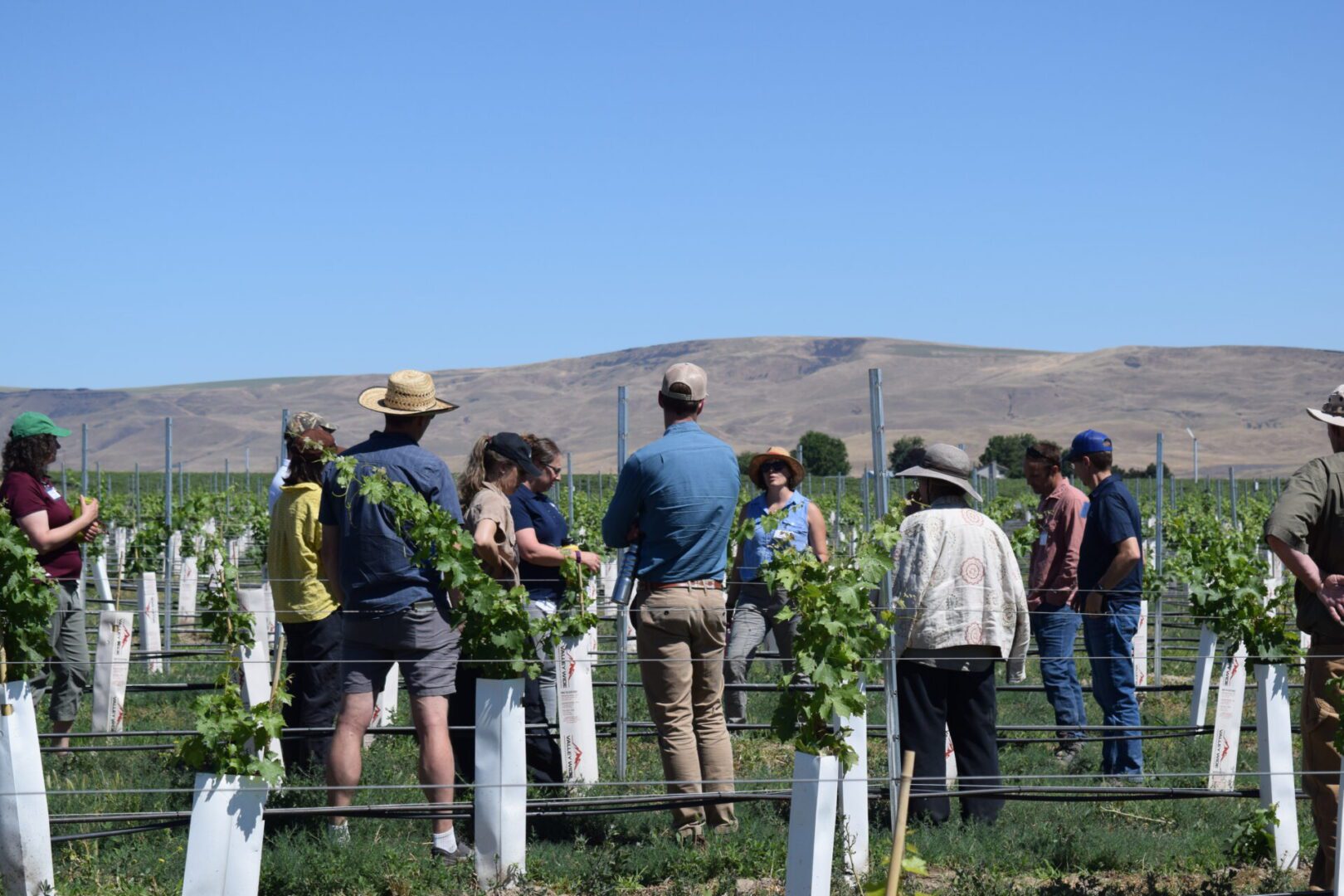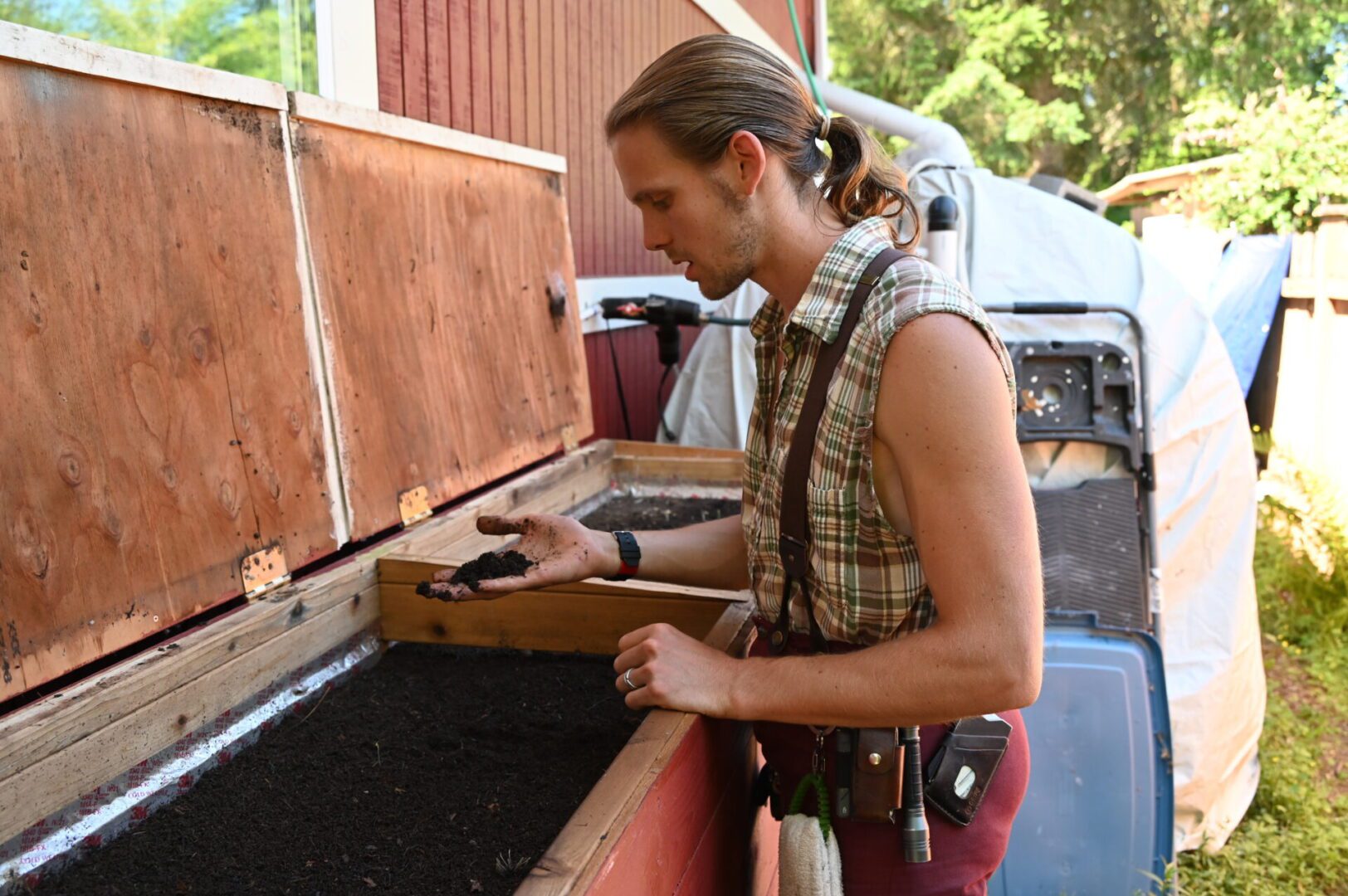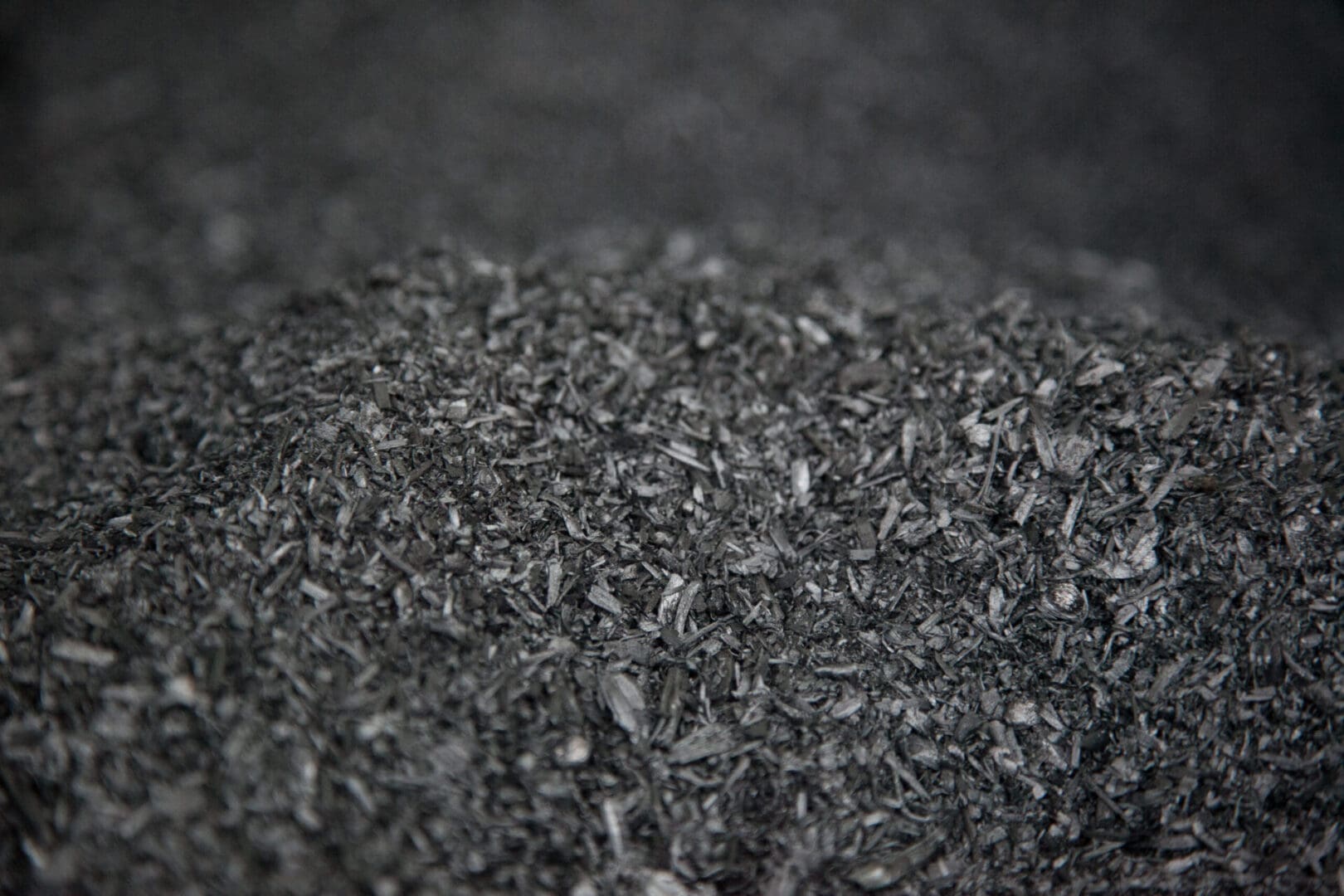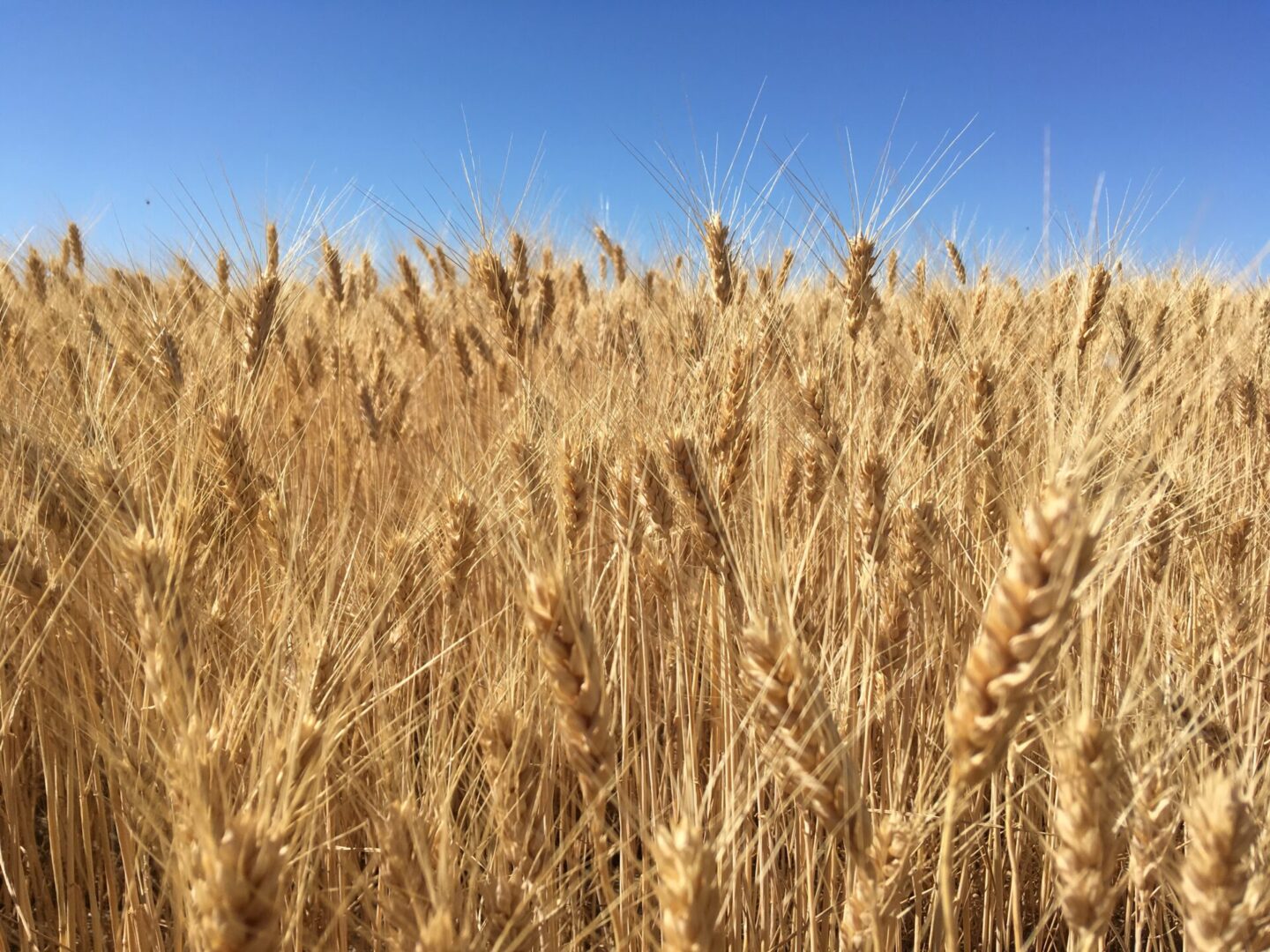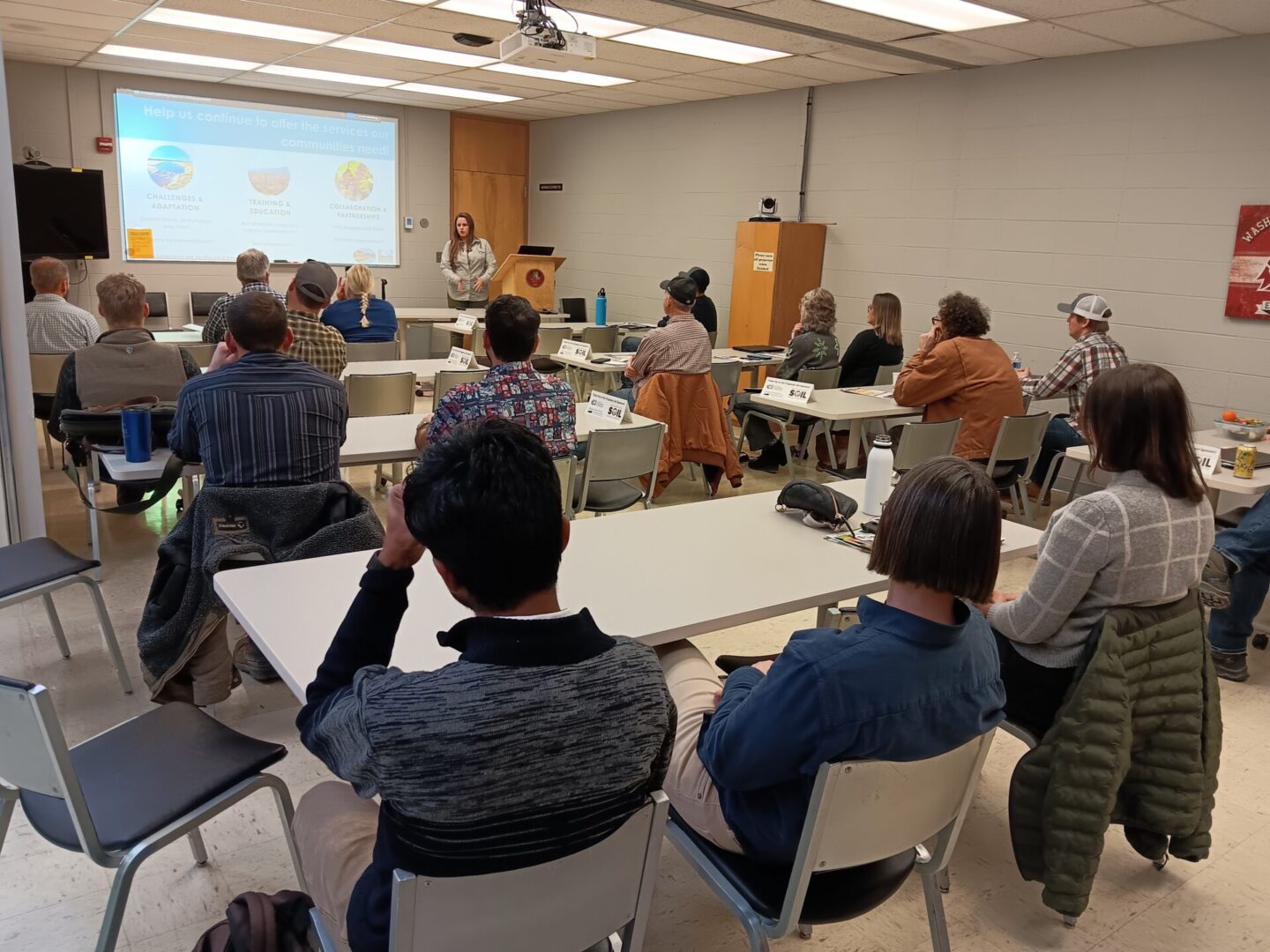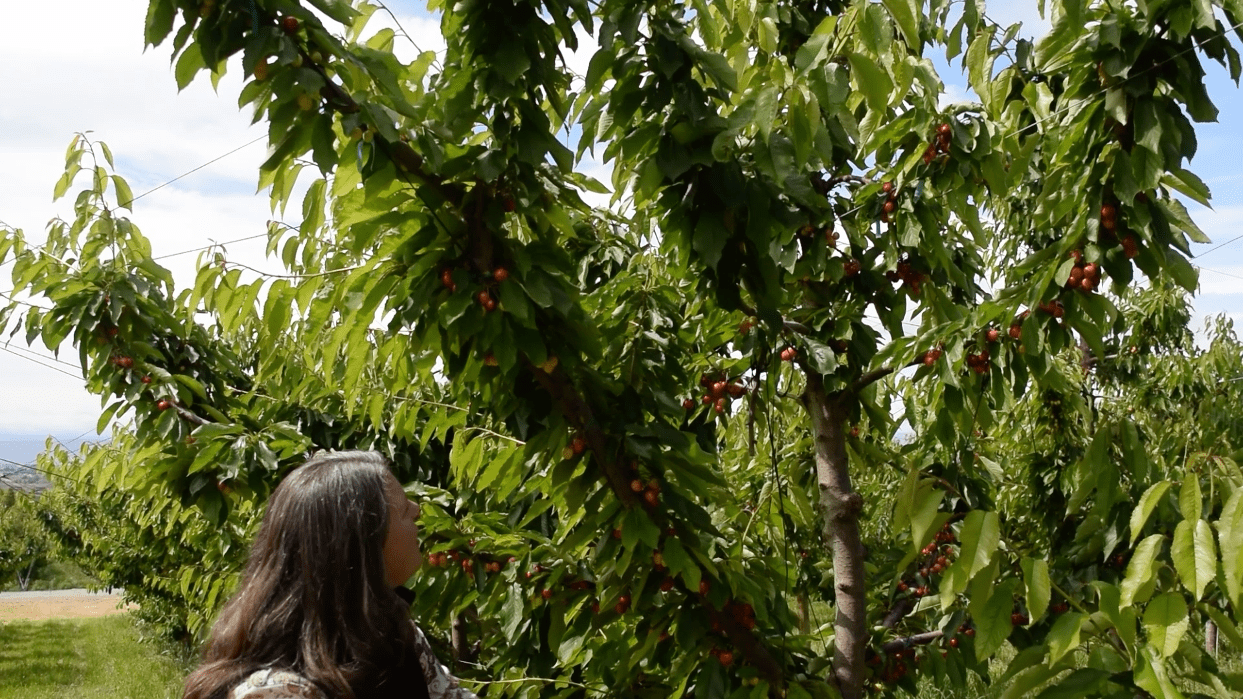Get the Scoop with the WaSHI Blog
The Washington State Department of Agriculture (WSDA) has launched its second year of the Compost Reimbursement Program to continue to encourage on-farm compost use.
The Climate Commitment Act funds new programs to support composting, methane capture, and biochar, some producers got hit with unexpected fuel surcharges—even though they’re supposed to be exempt. Now, the Agricultural Support Program is offering $28.5 million in payments to those who were wrongly charged.
Biochar: is it the silver bullet for soil health, or just another piece of the puzzle? In this wrap-up of our biochar series, we dive into key takeaways from recent research. It’s clear that biochar’s effectiveness varies widely—its success depends on factors like feedstock, soil type, and specific farm needs.
Washington Soil Health Initiative Advisory Team convened to refine strategies and share insights on advancing soil health in Washington.
Tackling soil acidification, nitrogen deficiencies, and precision drone use in dryland regions in a recent field day
Tyler of Brier Patch Farm finds composting a powerful tool for building soil health and a fun adventure in making his own.
The Pacific Northwest Biochar Atlas was developed in 2017 to help bridge the gap between discovery and deployment of biochar knowledge. The site contains basic biochar information, case studies, and a directory of local biochar producers. It also has a tool that compares the properties of different biochars.
In its first year Washington’s Saving Tomorrow’s Agriculture Resources (STAR) program has taken considerable steps towards creating a conservation assessment tool and related incentives, tailored to Washington agriculture and connected to scientifically-grounded environmental outcomes.
This fiscal year marked our second year of Sustainable Farms and Fields ongoing funding, and 25 projects were awarded to 16 conservation districts totaling $1.3 million. These projects are scheduled to wrap up soon and a full accounting will be provided in the SFF annual report this fall.
Quality Assurance Specialist, Casey Vetsch has been working with apples and cherries for the past four years. Casey helps manage approximately 7000 acres of orchard in the Yakima Valley.

